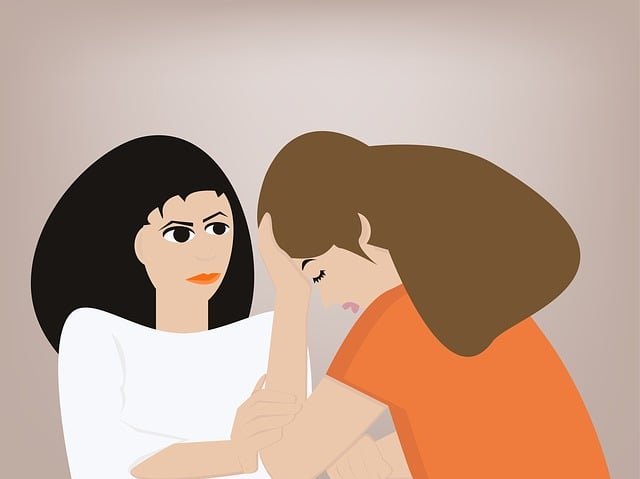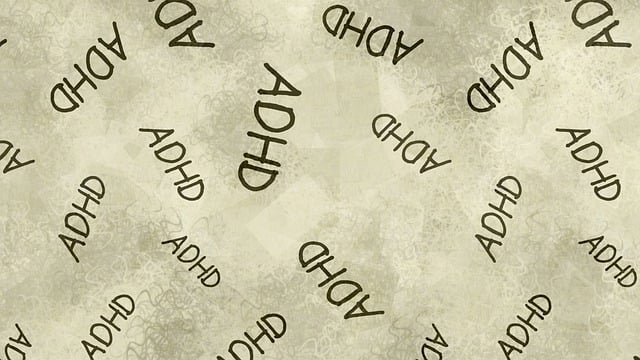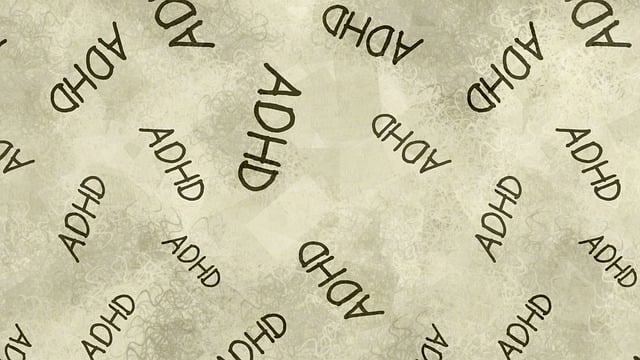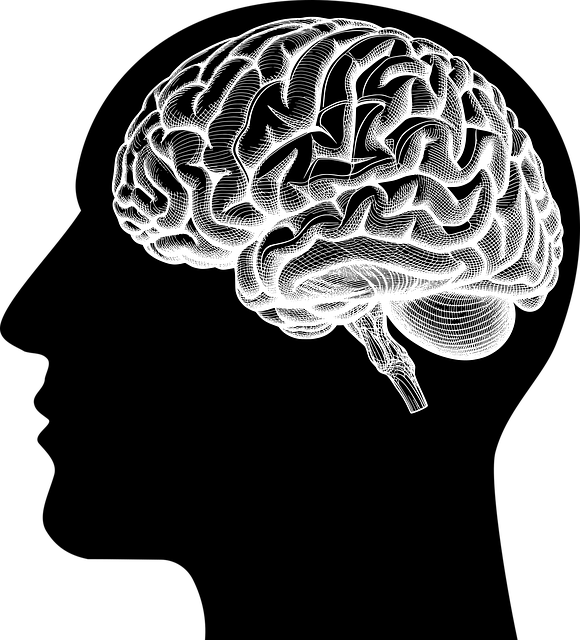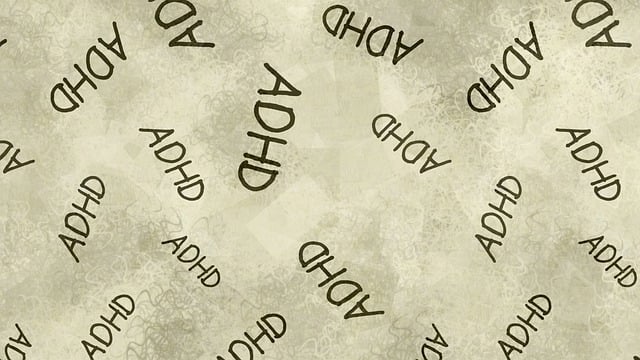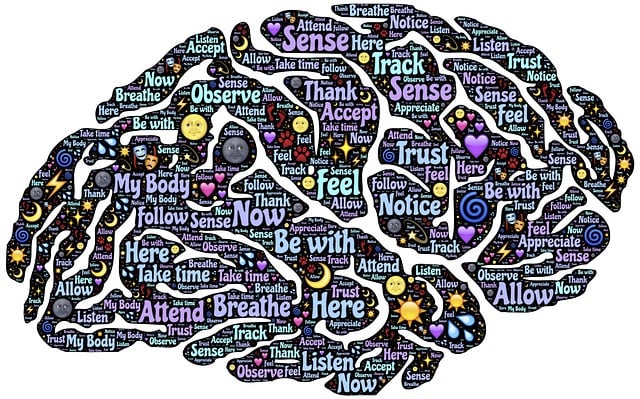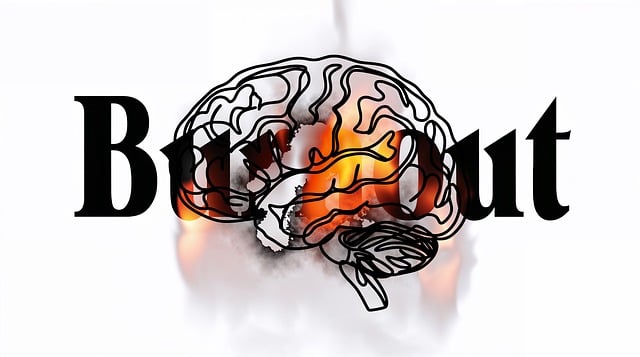The stigma surrounding mental health issues significantly hinders access to therapy for "Golden Women" (those silently suffering), leading to isolation and discrimination. This ancient social barrier silences women from discussing their struggles and seeking help. Overcoming stigma requires a multi-faceted approach: education through community programs, school teaching, and media to normalize conversations; self-care initiatives like therapy (including Golden Womens Issues Therapy), mindfulness, and stress management; and creating safe spaces for open dialogue. Golden Women's Issues Therapy challenges stereotypes, promotes self-acceptance, and equips women with coping skills, actively contributing to their healing journey while reshaping societal perceptions from within. Community support and advocacy are crucial for policy changes ensuring Golden Women receive the therapy they need.
Mental illness stigma remains a significant barrier for Golden Women, impacting their well-being and quality of life. This article delves into the profound effects of stigma on mental health, specifically focusing on the unique challenges faced by this demographic. We explore comprehensive strategies to reduce stigma, highlighting the transformative power of therapy in challenging stereotypes. Furthermore, we emphasize the importance of community support and advocacy, empowering Golden Women through collective action to foster a more inclusive society that values mental health.
- Understanding Stigma: Its Impact on Mental Health and Golden Women's Lives
- Strategies for Reducing Stigma: A Comprehensive Approach
- The Role of Therapy in Challenging Stereotypes and Promoting Healing
- Empowering Golden Women: Community Support and Advocacy for Change
Understanding Stigma: Its Impact on Mental Health and Golden Women's Lives

Stigma surrounding mental health issues is a significant barrier for many individuals seeking help and recovery. It often manifests as negative attitudes, stereotypes, and discrimination, impacting every aspect of a person’s life, especially Golden Women who may face unique challenges due to intersecting identities. This ancient notion can lead to social isolation, hindering their ability to access essential services like therapy and support groups.
Understanding the profound effect of stigma on mental well-being is crucial. It can prevent women from openly discussing their struggles, seeking professional help, or even acknowledging their feelings. Community Outreach Programs that focus on education and communication strategies play a vital role in countering these effects. By promoting positive thinking and open dialogue, these initiatives foster an environment where Golden Women feel safe to share their experiences, seek therapy, and ultimately improve their mental health journey.
Strategies for Reducing Stigma: A Comprehensive Approach

Reducing stigma surrounding mental illness requires a multifaceted approach that addresses societal perceptions and empowers individuals to seek support. One effective strategy is education, which involves raising awareness about mental health conditions through community programs, school curricula, and media campaigns. By normalizing conversations around mental wellness, we can dismantle misconceptions and foster empathy.
Additionally, supporting initiatives that promote self-care, burnout prevention, and emotional regulation are vital. Encouraging practices like therapy, mindfulness, and stress management techniques empowers individuals to develop inner strength and cope with challenges. The Golden Women’s Issues Therapy, for instance, focuses on these aspects, offering tailored support to address specific mental health concerns while building resilience.
The Role of Therapy in Challenging Stereotypes and Promoting Healing

Therapy plays a pivotal role in challenging stereotypes surrounding mental illness and promoting healing among individuals struggling with their mental health. Through specialized Golden Womens Issues Therapy, therapists provide a safe space for women to explore and understand their experiences. This process helps dismantle harmful stereotypes by humanizing their struggles, encouraging self-acceptance, and fostering resilience.
In the context of public awareness campaigns development, therapy sessions equip clients with coping skills development and mental wellness journaling exercise guidance. These tools not only enhance self-awareness but also empower women to manage their symptoms effectively. By integrating these practices into daily routines, individuals can actively contribute to their mental health improvement while challenging societal perceptions from within.
Empowering Golden Women: Community Support and Advocacy for Change

In many communities, the term “Golden Women” refers to individuals who bear an immense emotional burden while silently enduring the stigma associated with mental illness. These are often women from diverse backgrounds who face unique challenges in accessing quality therapy and mental health education programs designed to meet their specific needs. Empowering Golden Women involves creating safe spaces where they can openly discuss their experiences, fostering a sense of belonging and camaraderie that strengthens their resilience. Community support plays a pivotal role in stigma reduction efforts; by advocating for change and raising awareness about mental health issues, these networks help dispel myths and promote understanding.
Self-esteem improvement is a critical component of this process, as it equips Golden Women with the confidence to seek professional help and challenge societal expectations. Mental illness stigma reduction efforts must be inclusive and centered around the voices of those directly affected. Through grassroots initiatives, advocacy groups are leading the way in reshaping perceptions and advocating for policies that prioritize mental health services, ensuring that Golden Women receive the therapy they deserve and live without the shadow of stigma hanging over them.
Mental illness stigma, particularly among Golden Women, remains a significant barrier to treatment and recovery. However, through comprehensive strategies that include education, therapy focusing on challenging stereotypes, community support, and advocacy, we can make substantial progress in reducing this stigma. By empowering Golden Women with the tools they need to navigate their mental health journeys, we can foster a more inclusive society that prioritizes their well-being and promotes healing. Therapy plays a pivotal role in this process, helping individuals understand and overcome internalized biases while building resilience. Together, these efforts can lead to a brighter future where Golden Womens Issues are met with empathy and understanding.
